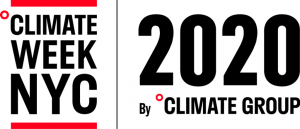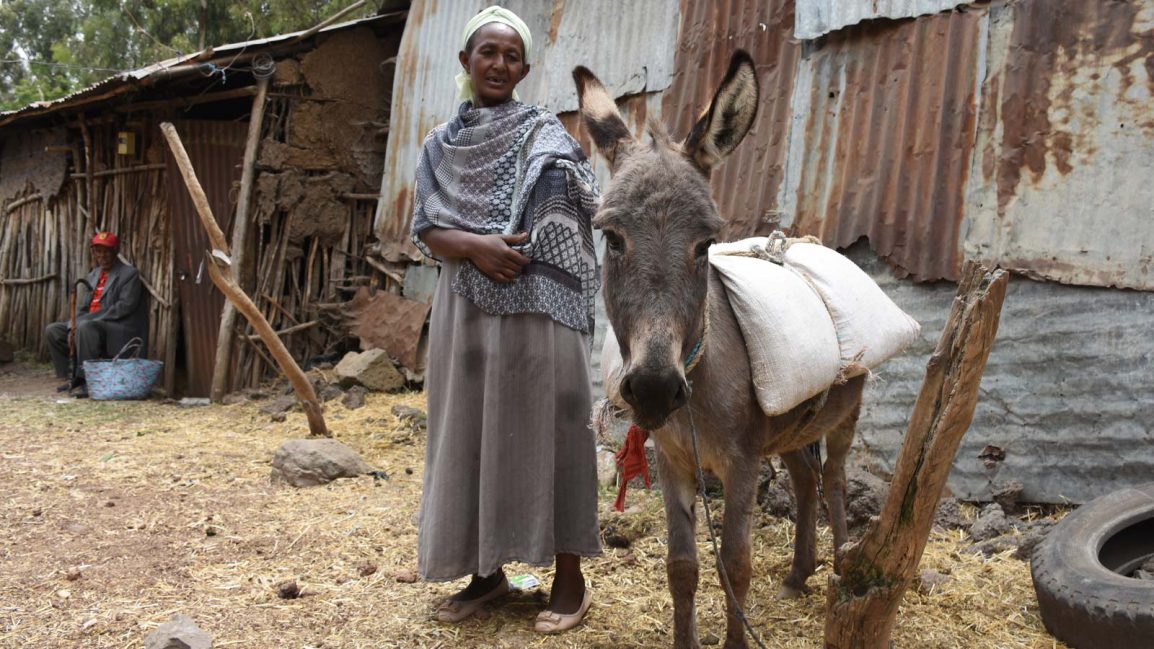Tuesday 22nd September 2020 – 9-11am (EST)
 Recognising the importance and contribution of Working Animals when devising climate change adaptation and mitigation plans, particularly focusing on the impact of environmental-related disasters in mountain areas.
Recognising the importance and contribution of Working Animals when devising climate change adaptation and mitigation plans, particularly focusing on the impact of environmental-related disasters in mountain areas.
This New York Climate Change Week event will look at positive case studies focusing on the role that working animals play in providing sustainable solutions to address the effect of environmental-related crises in mountain regions.
Speakers include
- Yuka Makino, FAO Mountain Partnership
- Joao Azevedo, Mountain Research Centre
- Maureen Anino, Uganda, Focal Point Principal
- Tamara Tadich, University of Chile
Mountain Regions, Climate change and Working animals
According to the Global Risks Report 2019 issued by the World Economic Forum, extreme weather events, failure of climate change mitigation and adaptation and natural disasters occupy the first four positions in the top 10-risk list in terms of likelihood and impact.
Mountain areas represent a reliable indicator of how human-led activities affect the environment and the world’s climate. Glaciers are melting rapidly, leading plants and animals to a constant struggle to survive while mountain communities and face even harder conditions and circumstances.
An estimated 200 million working animals play a critical role in supporting the livelihoods of hundreds of people in low and middle-income countries, through their contribution both in rural and urban settings for essential resource provision and growth.
Every day, they provide access to markets, educational premises and health clinics; and offer affordable draught and transportation power for increased productivity and income generation within agricultural and industrial activities.
Working animals prove crucial in lessening labour burden on social groups, by performing essential activities such as collecting and carrying water otherwise allocated to women and children.
Which SDGs are covered?
The event will particularly concentrate on a number of Sustainable Development Goals and their relevant targets:
SDG 13 – Climate Action – Disaster Relief and Working Animals
Donkeys and mules are suited to arid conditions, enabling livelihood adaptation and facilitating access to remote areas during times of extreme climate impact.
Provisions regarding the protection of working animals should be included in all Disaster Risk and Reduction Plans; such process has already started in the Central America region, especially Guatemala and Honduras, in recognition of their contribution to community resilience.
Donkeys and mules are suited to arid conditions, enabling livelihood adaptation and facilitating access to remote areas during times of extreme climate impact.
Provisions regarding the protection of working animals should be included in all Disaster Risk and Reduction Plans; such process has already started in the Central America region, especially Guatemala and Honduras, in recognition of their contribution to community resilience.
SDG 6 – Clean Water – Efficient Water Management and Working Animals
Water availability and water management have been severely affected by climate change. Livestock production is also dependent on ready-to-access water.
Working animals provide a more efficient and beneficial solutions to the extraction, collection and transport of water for communities who do not benefit from close water points and would otherwise have to travel vast distances.
SDG 5 – Gender Equality – Women empowerment and Working Animals
Women represent approximately 70% of the people living below the poverty line and therefor most likely to suffer from the heaviest consequences of climate change effects
Evidence shows women often rely on working animals to do tasks they would otherwise have to perform themselves. In many women-headed households, the more affordable draught power provided by working animals enables them to be economically active, increasing their resilience and social standing and reducing previous demographic or financial resource restrictions
SDG 3 – Health and Well-being – Healthy working animals for Healthy Humankind
In parallel with climate change’s disastrous effects, growing infectious disease occurrence has represented another critical challenge we have faced in recent years. Animal species are inherent repositories of contagious agents that generate “zoonoses” (infections naturally transmissible from vertebrate animals to humans). Approximately 60% of infectious agents for humans stem from zoonoses.
Well-cared for working animals play a major role in the prevention of dissemination of infectious disease.

